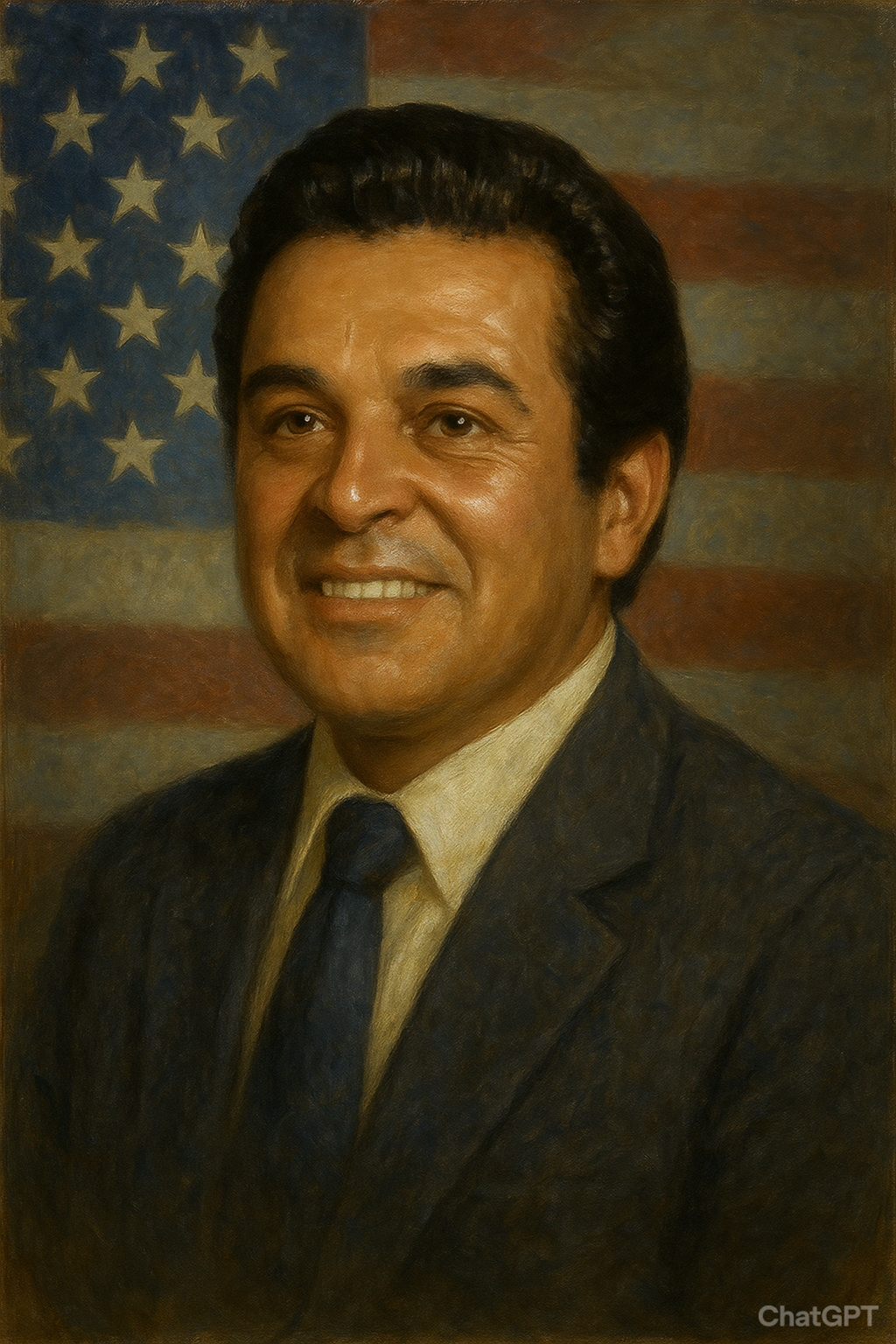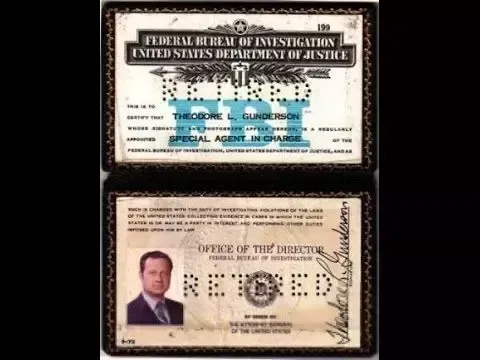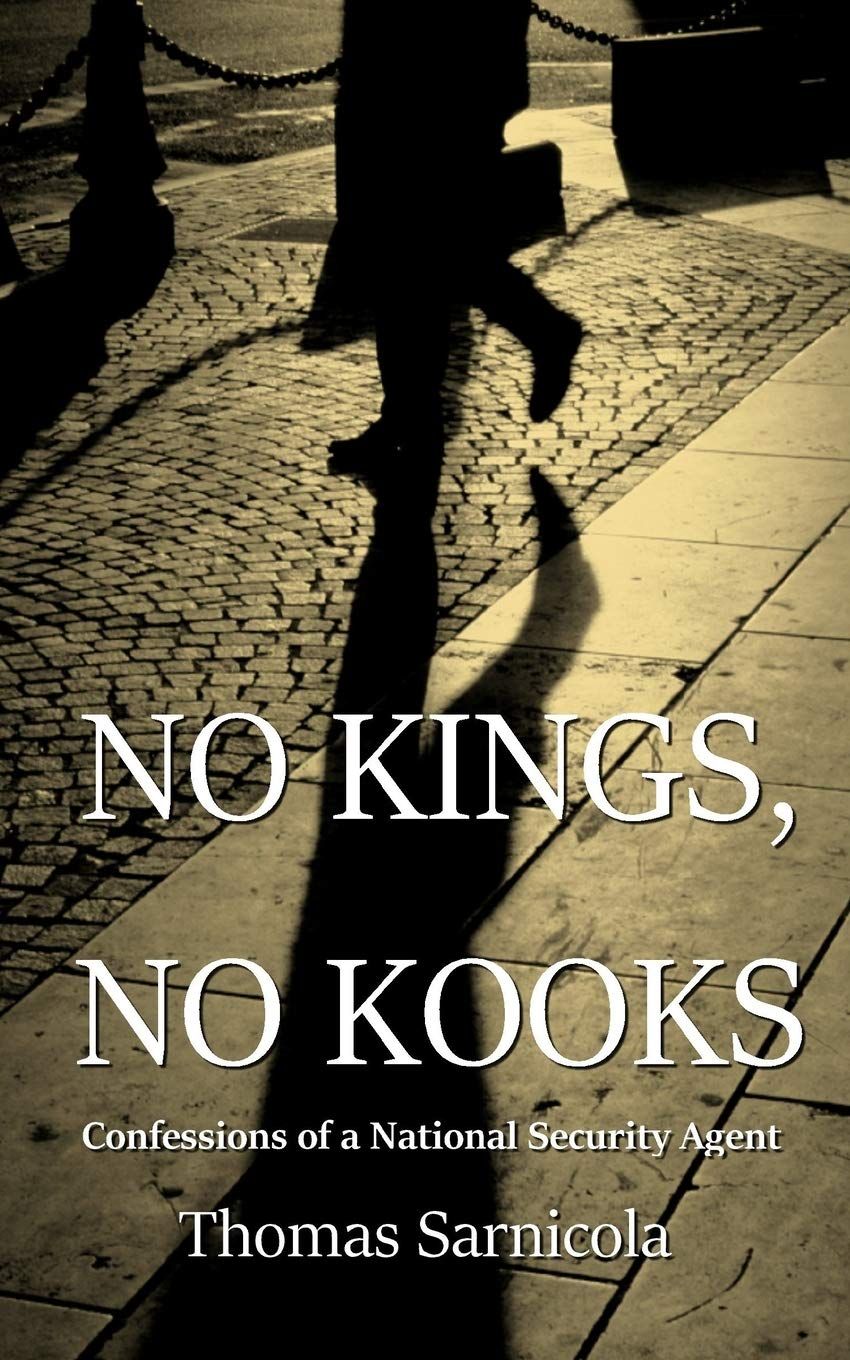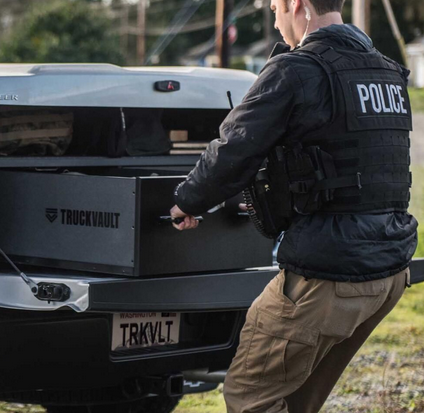Special Agent vs. Police Detective
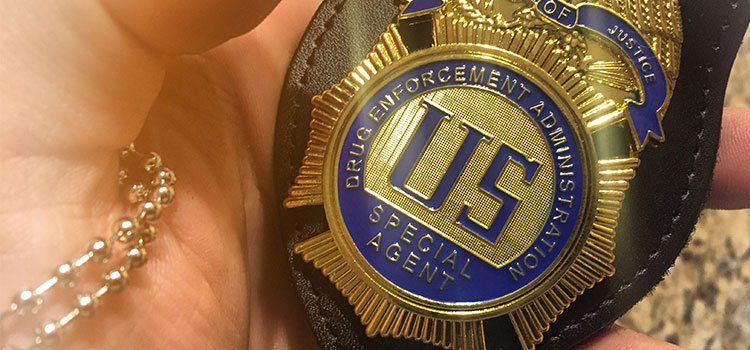
The position of Special Agent (Federal 1811 Criminal Investigator) vs. that of a Police Detective (State or Local) are somewhat similar and dissimilar at the same time.
In general, anyone who joins a state or local law enforcement agency (i.e. Sheriffs, Police, State Trooper, etc.) must first put in significant time as a patrol officer or deputy sheriff before they can potentially promote to the position of detective. This means shift work, patrol or jail duty and years of "proving" yourself for a detective position; which are highly coveted and competitive. During this timeframe, you will also likely have to deal with comparatively lower pay in relation to the feds, however, many are able to work overtime to make up the difference. Additionally, the budgets, capabilities and investigative jurisdictions will also impact your experience. A police officer is limited to municipality, a deputy sheriff is limited to a county and a trooper is limited to their state. A large police department (i.e. LAPD or NYPD) is likely to have specialty units and better funded equipment; whereas a smaller department could barely have functioning copy machines. The range is extremely wide and no two departments are identical. Generally, State & Local police departments can arrest people for a litany of crimes within their geographical jurisdictions and typically process their cases much faster. Detectives are experts about their local area and must deal with a wide range of criminal categories in their geographical regions.
Federal law enforcement agencies can similarly vary in size, capabilities and jurisdiction (although in a different way). First of all, the majority of special agents (with limited exceptions) are on a similar pay & retirement system; this means that two GS 13 ATF & FBI special agents assigned to New York get paid exactly the same. Additionally, a special agent starts off in a position that is functionally equivalent to a plainclothes detective; there is no "putting in your dues" in patrol. In terms of jurisdiction, special agents enforce comparatively fewer laws, however, they apply uniformly throughout the United States and their operational mission tends to extend worldwide. The two largest 1811 agencies (FBI & HSI) have significantly more investigators, federal jurisdiction, resources and career opportunities (i.e. temporary duties, educational programs, specialty programs) than the mid-sized agencies (DEA, Secret Service, ATF, UPIS, DEA). Relatedly, the smallest agencies (i.e. FDA OCI, OIGs, BLM) may only consist of a couple hundred agents, narrow jurisdictions (i.e. FDA is somewhat limited to crimes involving pharmaceuticals & food manufacturing), and have severely limited operational funds.
There is no easy answer to this comparison and one is not better than the other; just different. In general, the feds will be better paid, have a lower caseload and more opportunities to travel. Conversely, the State & Locals typically enjoy high levels of esprit-de-corps, investigate more crimes against persons (i.e. homicides, robbery), can regularly earn overtime pay and have to deal with less paperwork.
Hope this helps!

